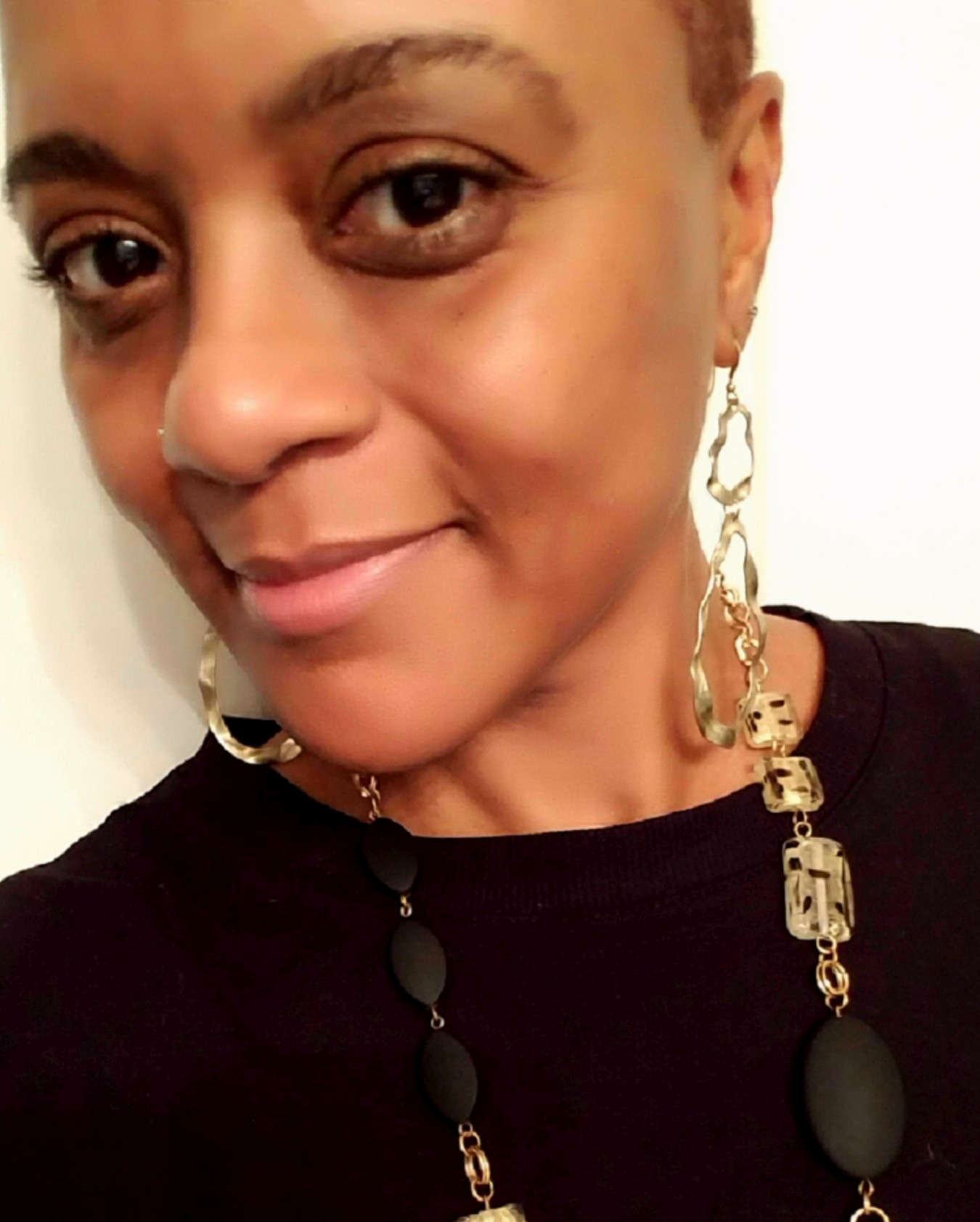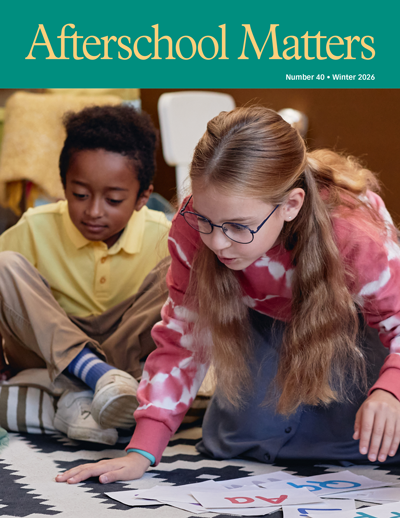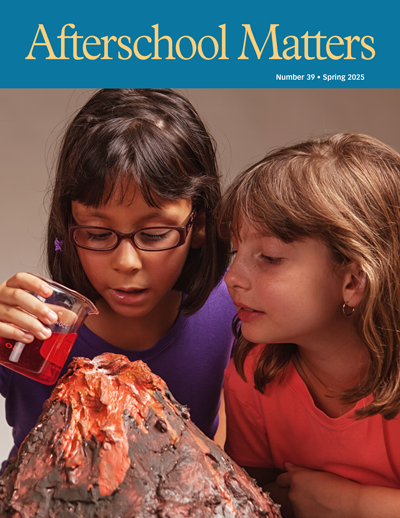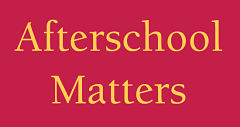Letting Go of Normal
May 21, 2020
 National Afterschool Matters Fellow Amy Franks, who works at a literacy support organization, reflects on changes brought by the pandemic and on the new ways she's finding to encourage reading at home.
National Afterschool Matters Fellow Amy Franks, who works at a literacy support organization, reflects on changes brought by the pandemic and on the new ways she's finding to encourage reading at home.
Under normal circumstances, I’d be spending my days from early morning well into the afternoon at a school. With kids. Experiencing joy. I’d be surrounded by my colleagues and volunteers, unboxing books, transforming everyday library tables into brightly colored book displays, exclaiming with delight as I come across a title that I know some child is going to love, brimming with excitement about what is soon to be. We’d be readying the room for Books on Break, our program for elementary school students meant to inspire and cultivate a love of reading.
Under normal circumstances, I’d be talking to groups of children throughout the day, asking them why they think it is important to read when they aren’t in school--after school and during the summer, listening to them tell me where and when they do this out-of-school time reading. Then, satisfied that they understand why reading outside of school, why summer reading, in particular, is so important, I’d release them to roam freely among the beckoning, now-vibrant tables heavy-laden with books, inviting these young ones to delve into their worlds. Our staff and volunteers would be answering calls of, “Will you help me find...?” and “Do you know if you have…?” We would be quietly asking the ones who look a little lost what they are interested in so we could help them find something they will love. All the while we’d be taking in the quick-spreading joy that comes over the face of a child who has found her just-right book.
Because we are living in the time of a pandemic, these and many other things are no longer.
No longer are we gathering, counting, and boxing donated books at our offices and warehouse. No longer are we coordinating with a moving company for the pick-up and delivery of books to 30 schools. No longer are we creating SignUp Genius shifts to be filled by 100+ volunteers. No longer are we doing our usual two-day takeover of a school’s media center, turning it into a pop-up bookstore--except free. No longer are we spending seven hours a day, ushering every class in every grade through for twenty minutes at a time to self-select their books. No longer is any of the normal work of this program taking place.
Under normal circumstances, I’d be coordinating all the efforts necessary to send almost 17,000 students home with over 86,000 books for summer reading, hoping to help stem summer learning loss. But, these are not normal circumstances. At all. We have had to completely pivot, reimagine what getting books into the hands of kids looks like. We are in what my colleague has dubbed “the longest summer ever,” and it is even more important now to ensure kids in our community have books to read, to love, to keep.
After many talks in-house, with organizations doing similar work, with teachers, media specialists, community groups, and school administrators, we’ve begun to get books out in a number of ways. Out of these talks a new program that is a partnership with one of our city’s meal provision efforts called Durham Feast, the program Well Fed, Well Read was born. At certain feeding sites, families can receive grade-level bags of books with their meals.
We will soon roll out our adapted version of Books on Break, thanks to the support of grant funds from the United Way of the Greater Triangle and matched funds from First Book, an amazing children’s book organization that offers extremely reduced priced books so that organization’s like ours can ensure book access and ownership for kids. With book purchases made from these funds, we are able to have books sent directly to ten of our school partners to be bagged and distributed to families. Schools will decide the best way to ensure their students receive the books---whether it is at the school, at a drive-through event in the community, or via doorstep delivery. And, while it saddens me that we aren’t able to hold onto the important element of choice, of students being able to self-select their books, I am thrilled that during a time when not much is normal, books can remain a constant.
Amy Franks is a National Afterschool Matters Fellow and Education Partnerships Manager at Book Harvest in Durham, NC.
See what NIOST Executive Director Georgia Hall also has to say about the importance of literacy.



